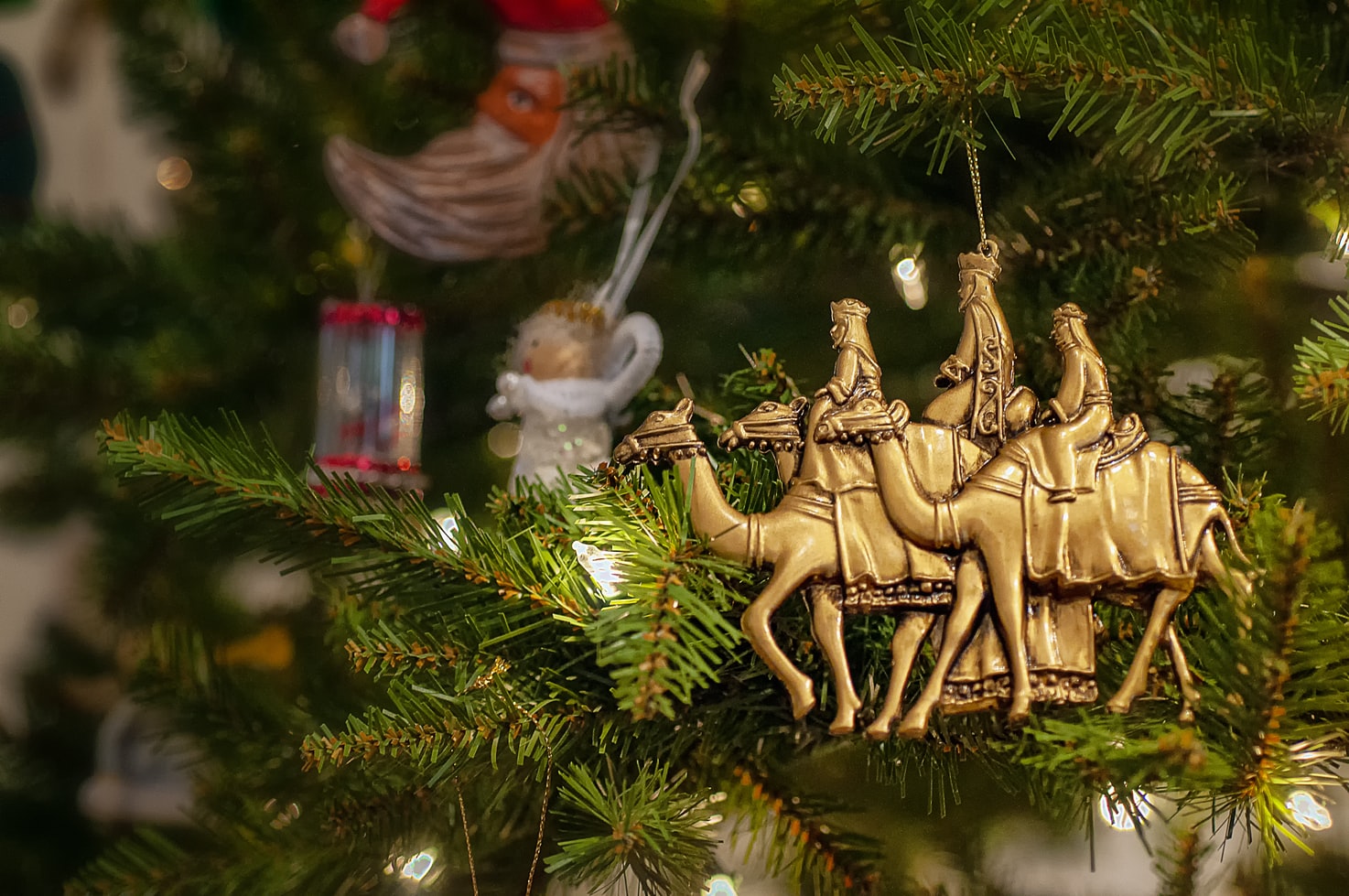
How do Spanish people celebrate Epiphany day (Día de Los Reyes Magos)?
As you might know in Spain, Epiphany Day is the last important celebration day in the Christmas season. It's a national public holiday every January 6th and many celebrations take place on this day.
Contents
1. Why is Epiphany Day important in Spain?
2. What celebrations can you expect on Epiphany Day in Spain?
3. Epiphany Day also marks the end of the Christmas season…

1. Why is Epiphany Day important in Spain?
- Spain is a traditionally Christian country with lots of religious holidays and celebrations. The origin of this one can be traced back to the bible: Epiphany means 'revelation'. Both the visit of the Three Wise Men (Tres Reyes Magos) and the Baptism of baby Jesus are important times when Jesus was 'revealed' to be very important.
- In modern times, Epiphany Day has been transformed into Spanish children's Day. Compared with Santa Claus and International Children's Day, Spanish kids lover receiving gifts from the three wise men.

2. What celebrations can you expect on Epiphany Day in Spain?
- The celebration begins the night before Epiphany Day with a big Cavalcade of the three wise men:
- The Cavalcade takes place in every Spanish city/town. Usually, the wise men will give candies and other small gifts to the crowd.
- The kids typically ask the wise men for gifts or toys.
- The night before Epiphany Day, the kids usually prepare to receive gifts:
- Before going to bed, kids often leave their shoes at a safe and visible place for the wise men to come, with some candies for the three gentlemen and hay for their camels.
- On the morning of Epiphany Day, kids will be surprised to find that the candies and hay have been eaten, while the gift they wanted lies beside their shoes.
- On the day of Epiphany, the whole family gathers to share the traditional ¨Roscón de Reyes¨, a circular bread decorated with fruits:
- Inside the bread, there is a bean (el Haba) and a king (la figura).
- After serving the roscón bread, the person who gets the bean needs to pay for the price of the bread, and the person who gets the king is believed to have luck in the new year.
- The last one that is not a celebration, is the lottery of Epiphany Day, el niño. It was first introduced in 1868 and became the second most important (after el Gordo on Dec. 23rd) lottery in 1941. The first prize of the lottery will issue 200,000 euros per tenth share.

3. Epiphany Day also marks the end of the Christmas season…
Epiphany day marks the end of the Christmas season when the decorations such as Christmas trees, mangers (the trough where baby Jesus was born, Spanish people usually set up a small trough with the scene of the birth of Jesus and the arrival of the three wise men at home) and Christmas streetlights should be put away (sadly).

But it also means that the cold winter will not last for long! Spring and the Easter breaks are awaiting ahead. Between different breaks, we will cover you 365 days without delays! innoinsure will always be there to help you whenever you need us. Our medical insurance gives you easy access to emergency consultation calls, free ambulances, and urgent treatments. This medical insurance is also perfect for a Spanish visa/NIE/TIE application, as it fulfills all the requirements. Come and talk to us!
If you like to know more about living in Spain, click one of these blogs below:
- The best places to live in Spain for Expats with different needs
- Curious facts you need to know before moving to Spain
- Cost of living: Is it cheap to live in Spain?
- Reside in Spain: live a unique Mediterranean life
- Guide to Spanish holidays for Expats
Our content will be updated according to the most recent legislation.